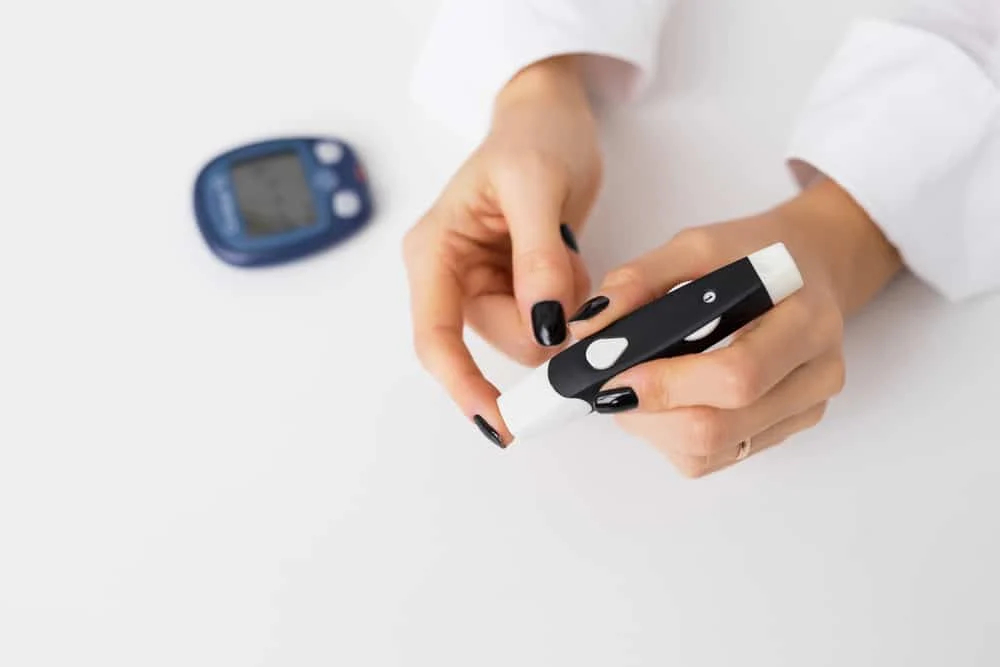Content note: This guide mentions gatherings, body comments, and holiday routines. Please skip any section that does not feel supportive right now.
Holidays can be full of lights and laughter, yet they can also bring schedule changes, travel, and social pressure. If you live with an eating disorder or you are in recovery, it is completely valid to want extra structure and support for the holiday season. This guide offers practical steps you can adapt to your needs, along with gentle language for setting boundaries with friends and family members during holiday gatherings and occasional holiday parties. It also acknowledges that many eating disorders begin with disordered eating patterns that feel “normal” during holiday meals focused on food, weight, and appearance.
Why holidays can feel different in recovery
Routines often shift in December. Work winds down, school pauses, and family expectations pick up. That mix can affect sleep, movement, and therapy schedules. Celebrations may also include body talk, diet talk, food restriction, or pressure to eat more or less than feels supportive. You are not alone in feeling cautious about these changes. Advocacy and youth mental health organizations note that holidays can increase stress and disrupt helpful routines, which makes it wise to plan ahead. This applies across diagnoses, including anorexia nervosa, bulimia nervosa, and binge eating concerns, as well as periods of anxious or distorted thoughts about eating and weight.
Plan ahead with a personalized support map
A support map is a short plan you can pull up on your phone. Keep it simple and flexible. It can be part of your meal plan and your overall recovery strategy.
Anchors for the week
- Schedule therapy or peer support check-ins before and after key events.
- Pick a daily anchor time for grounding, journaling, or a brief call with a support person.
- Save a one-page coping card with your top 3 skills, a calming statement, and the name of someone to text if things feel heavy.
Travel-friendly grounding habits
- Ten minutes of quiet time after waking.
- A gentle movement you enjoy, such as stretching, a slow walk, or breathing practice.
- Lights-out goal that protects sleep.
Signals and exits
- Choose a code word with a trusted person that means “please help me step outside for air.”
- Decide on an arrival time and a soft exit window in advance.
- If you are hosting, identify a quiet room where you or other guests can reset. Small choices like this make a big difference.
Boundaries that protect your peace
You can set limits on topics, timing, and expectations. Scripts can help when you want to keep things short. Practicing self-compassion also helps boundaries feel steadier.
Redirect diet talk
- “I am focusing on connection tonight. Let’s talk about your new project.”
- “Food talk is not helpful for me. Can we switch topics from food and weight to something fun?”
Pause body comments
- “Please do not comment on my body. I would love to hear about your week instead.”
- “I am working on self-kindness. Appearance comments are off limits for me.”
Set expectations with loved ones
- “I may step out for a few minutes during dinner. No need to check on me unless I ask.”
- “If I say the word ‘reset,’ please walk with me to the porch so we can chat.”
If you are the host, you can model supportive language in the invitation: “We are keeping the focus on connection, games, and music. No diet talk or appearance comments. A quiet room will be available for anyone who needs a break.”
Navigating gatherings without food talk
It is okay to center your values rather than the menu. Try these steps.
Before you go
- Review your support map and your boundary scripts.
- Choose a steadying object for your pocket, such as a small stone or a note from a friend.
- Plan a check-in text with someone who understands your goals for the evening.
During the event
- Sit near a supportive person and keep a distance from the loudest diet chatter.
- Use five-sense grounding. Name five things you can see, four you can touch, three you can hear, two you can smell, and one you can taste or imagine tasting, such as mint or tea.
- Take brief reset breaks. Step outside, breathe slowly, and notice your feet on the ground.
After the event
- Send a short reflection to yourself or your therapist: what helped, what felt tough, and one win you want to remember.
Tech, travel, and time zones
Travel can interrupt care. You can still protect your plan with small adjustments.
- Ask your care team about telehealth sessions during travel days, especially if you attend treatment programs.
- Save key numbers in your favorites: therapist, support person, and the 988 Lifeline for mental health crises in the United States.
- If you change time zones, move your anchors gently. For example, shift your evening wind-down by 30 minutes each night until it fits your new schedule.
- Curate your feed. Mute accounts that increase comparison. Follow accounts that promote body neutrality, self-compassion, and recovery skills.
Tools you can use right now
Keep these five tools in your notes app. Copy and paste to customize.
- Box breathing, 3 minutes
Inhale for 4 counts, hold for 4, exhale for 4, hold for 4. Repeat. - Values reminder
“Tonight I choose connection, kindness, and presence. Perfection is not required.” - Boundary script
“I am not discussing appearance or diets. Let’s talk about our favorite winter memories.” - Support text template
“Hi. I am at the party and could use a quick check-in. Can you text me one sentence I can repeat to myself?” - Re-entry ritual
When you get home, wash your hands in warm water, change into soft clothes, write down one thing you did well, and queue a calming playlist.
For loved ones and hosts
Your words and choices can make a big difference.
- Avoid comments about bodies, intake, or weight. Ask open questions about life, work, or hobbies.
- Offer a quiet room and let guests know they can step away at any time.
- Provide conversation cards that steer away from food and appearance.
- Ask privately, “What would help you feel supported tonight?” Then follow the person’s lead.
When extra support is the next best step
Consider reaching out for additional care if you notice frequent preoccupation with food or body talk, distress that makes daily tasks harder, increased isolation, or urges that feel tough to manage. You deserve care that meets you where you are. NewCircle offers evidence-informed treatment, family education, and a team that listens first. If you’d like a confidential conversation about options, please reach out, and we’ll help you map your next steps.
You deserve holidays that feel safe
You do not need to earn rest or connection. You are allowed to protect your peace, ask for help, and choose what supports your recovery today. If this season feels easier with a team beside you, we are here to support your recovery with practical coping skills and consistent care plans.
Talk with NewCircle about supportive care this season. Connect with our team.
Sources:
- ANAD. (n.d.). Holiday eating disorder resources. Retrieved from https://anad.org/holiday-eating-disorder-resources/
- The JED Foundation. (n.d.). How to manage eating disorder recovery during holidays and celebrations. Retrieved from https://jedfoundation.org/resource/how-to-manage-an-eating-disorder-during-holidays-and-celebrations/
- The Alliance for Eating Disorders. (n.d.). Navigating holidays: A guide for individuals in recovery. Retrieved from https://www.allianceforeatingdisorders.com/navigating-holiday-guide/









